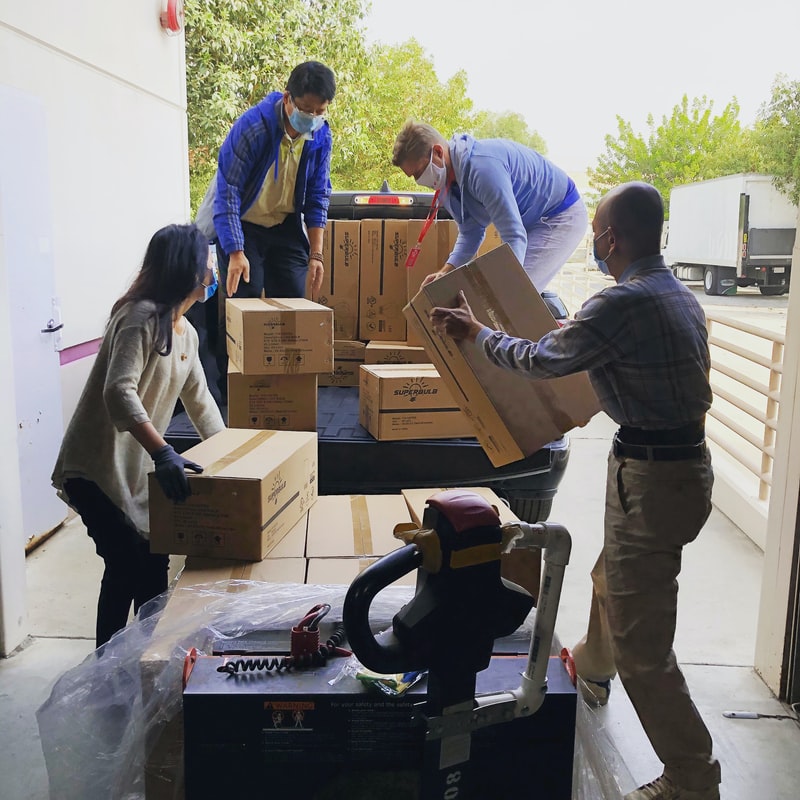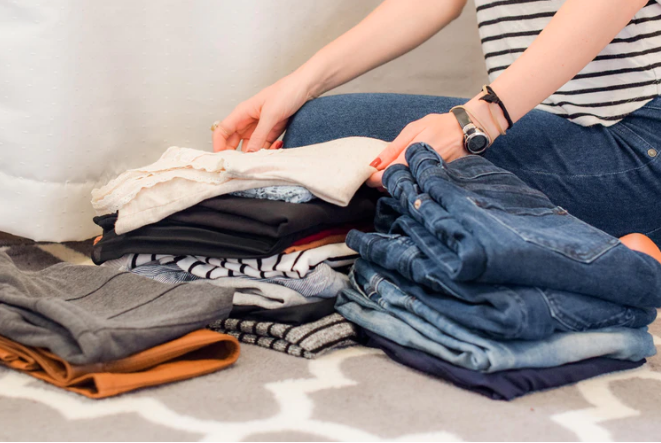Are you moving to a new home? Here are some tips to help organize your next move!

Experts tell us that moving is one of the things that stresses the elderly the most (after a loved one dies or a marriage break up).
Basic tips for planning a move
1. Organize a relocation plan
Keep a written agenda of the move. This can start with a list of everything that needs to be done (from buying boxes, labels, tape, etc., to when to pack it).
2. Get most of the boxes
Get enough cardboard boxes and tape – you'll need more than you can imagine. You can buy folding boxes in hardware stores or in supermarkets or other stores. You can also hire any trustworthy moving company such as Head-2-Head move. If you've hired a moving company, ask if they'll loan out boxes. Save 10-15 empty boxes for last minute items (bed linen from the night before you move, groceries from the fridge, cleaning supplies, etc. Take out and fill up with any bags, suitcases, rucksacks, and other bags in the house more personal items (seasonal clothes, bathroom accessories, cuddly toys for kids, bedding and things you need from day one in your new home.

3. Organize the boxes visually
Use color matching to make it easier for company employees to know where to place each box in the new home. Put stickers in different colors on each box (e.g. yellow for kitchen items, bathroom blue, bedroom lavender, living room red …), and when you arrive at your new home, stick stickers of the same color on the door box if necessary.
4. Organize articles by category
Organize items that fit together during the packaging process. For example, lamps with the appropriate light bulbs, cups with saucers, hand shower with support, etc.

5. Get started as soon as possible
Start storing items in cardboard boxes as soon as possible. If it's winter, put away summer clothes and accessories for weeks before moving, including books, toys, CDs, kitchen utensils, etc. If you need to clean the house after emptying it, try moving forward in the days leading up to the move, because once it is empty, like many before, you will want to devote to your new home. Clean the interiors of closets and drawers before moving in, and have someone vacuum cleaner to follow in the moving workers' footsteps to dust the rooms when they become empty.

6. Beware of valuables
Pay special attention to valuables and try to make space in the car so they can travel with you. This includes not only jewelry, but also important papers, passports, receipts, personal diaries, phone lists, etc.
7. Moving and children
Moving can be especially difficult if you have children as moving from one house to another can be traumatic for children, especially if the new house is in a different city. Try to involve your children in the moving process, buy happy boxes for them so that they can store their personal belongings on their own.
Tell them to choose which things to take with them on the first day in the new house (from a book or special toy to their favorite sheet of paper, their records, their computer …) and put them in their personal box. The more you involve them in the move, the more likely they are to accept it.




